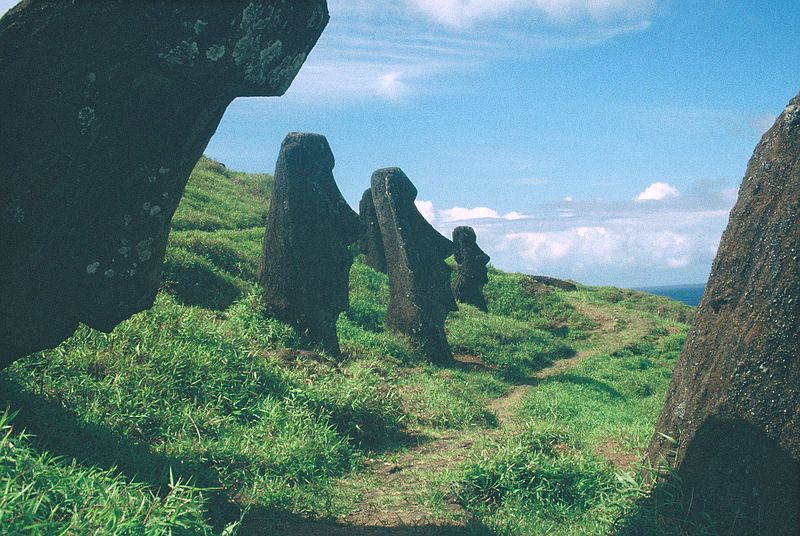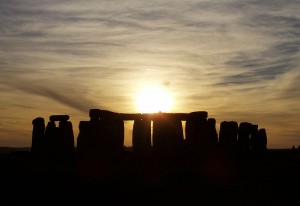 Today I begin teaching a seminar on World Religions to 10th graders. I’ll begin by asking this question: What is religion?
Today I begin teaching a seminar on World Religions to 10th graders. I’ll begin by asking this question: What is religion?
More specifically, what is divinity? What does the word “sacred” mean? Does religion offer a sense of meaning to human existence? Or is it the tie that binds a community together? Is it something our human psychology requires or is it a deep personal experience that some might have with an ‘absolute’ or a divine being?
Why does religion exist at all? I’ll offer a brief history of religion, from neolithic times to the beginnings of organized religion… and describe the main kinds of religion: primal, pantheism, polytheism, monotheism, and even atheism, since that’s a prevalent belief system in many of the young people I encounter today.
I won’t be giving any answers, or wanting any from them. I would like the students to ask themselves these questions, though.
Well, that’s just the first day … and then we’ll go on to explore the varieties of religious experience, including beliefs, teachings, traditions, and practices of seven major religions: Hinduism, Buddhism, Confucianism, Taoism, Judaism, Christianity, and Islam. We’ll also touch on Greek religion (typically referred to as Greek “mythology”) and Primal religions (mostly focusing on Aboriginal and Native American spirituality).
My hope is that the end of this course, students will
- know the basic biographies of the founders or leaders of each religion: (Buddha, Confucius, Lao-Tzu, Abraham, Christ, Muhammad)
- be able to identify the various religious beliefs, regarding creation, birth, death, god, destiny, and afterlife
- be familiar with some of the sacred texts of each religion
- have a basic historical and geographical background of each religion
Assigned reading is from Huston Smith’s The World’s Religions and the original sacred texts as gathered and annotated by Philip Novak in his The World’s Wisdom – Sacred Texts of the World’s Religions.
Suggestions welcome – but keep in mind I only have three weeks to do all this in!
Writing Practice – What is your hero’s religion?
Think about the religious belief of the characters in your book. Ask them these questions, and get a sense of their religious background, their observances, their inner monologue about life and meaning and the human relationship to the divine.
Even if you do not include any of this in your book, you’ll find a deeper, wiser connection with your characters. This insight into him or her will shine through your characters in a more complex and interesting expression of your story.
 Sign up (on the right) to receive WriteSpa-an oasis for writers newsletter delivered to your inbox. You can unsubscribe any time and I never share your email address with anyone, ever.
Sign up (on the right) to receive WriteSpa-an oasis for writers newsletter delivered to your inbox. You can unsubscribe any time and I never share your email address with anyone, ever.

Yes, it could be really insightful to figure out the religious beliefs of your characters. Thanks for the advice.
I wish I could be in that class with the tenth graders! I am sure you are giving them just what I have wished for so many times. Kudos to you!
Thank you, Lydiabob! It has been splendid so far – discussing how people for thousands of years have wrestled with the questions of “Where did I come from – who am I – where am I going?” and continue to do so today. xxxx